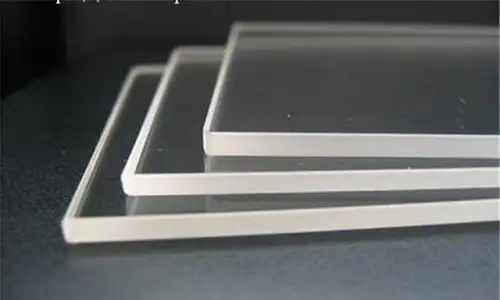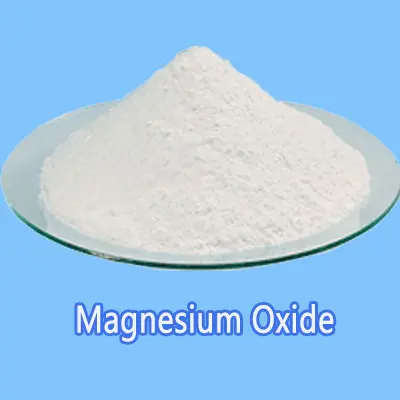1. Introduction to glass-ceramics
Glass-ceramics, also known as ceramic glass, is an inorganic non-metallic material. It is a new type of comprehensive glass for building materials. Its scientific name is glass crystal. Glass-ceramic looks very different from our usual glass. It has the dual characteristics of glass and ceramics. The atomic arrangement inside ordinary glass is disordered, so ordinary glass is easily broken. Glass-ceramic, like ceramics, is composed of crystals, and the arrangement of atoms inside it is regular. Therefore, glass-ceramic is tougher than glass and brighter than ceramics.

2. The influence of magnesium oxide on glass-ceramics
So what are the effects of adding magnesium oxide to the formula of glass-ceramics?
1, Effect on surface tension: Magnesium oxide can significantly increase the surface tension of glass-ceramics, and it can greatly increase the surface tension of glass-ceramics. In this respect, no other element can compete with magnesium oxide .
2, The influence on the melting temperature: the influence of magnesium oxide on the melting temperature is two-way. On the one hand, magnesium oxide can increase the temperature at which the glass-ceramic initially melts. On the other hand, magnesium oxide can significantly reduce the melting temperature under high temperature conditions. However, this effect of lowering the melting temperature will gradually tend to weaken with the increase of the amount of magnesium oxide added. At the same time, if you continue to increase the amount added until it exceeds a certain value, it will gradually increase its melting temperature.
3, Effect on thermal expansion coefficient: Compared with barium oxide and calcium oxide, replacing them with magnesium oxide will reduce the thermal expansion coefficient. Substituting magnesium oxide instead increases the coefficient of thermal expansion of glazes and glass-ceramics compared to zinc oxide.
4, Effect on viscosity: under low temperature conditions, adding magnesium oxide can increase the viscosity of glass-ceramic; under high temperature conditions, adding magnesium oxide will reduce the viscosity of glass-ceramic. However, the viscosity-reducing effect of magnesium oxide will slow down with the increase of the added amount, and it will increase the viscosity if it exceeds a certain amount, so pay attention to the additive amount when using it.
Since its establishment, Messi Biology has been continuously committed to the research of magnesium compounds. Whether it is production technology, product development or pre-sales and after-sales service, we strive to be professional and dedicated. Focus on each customer and formulate appropriate solution strategies for different customers.

